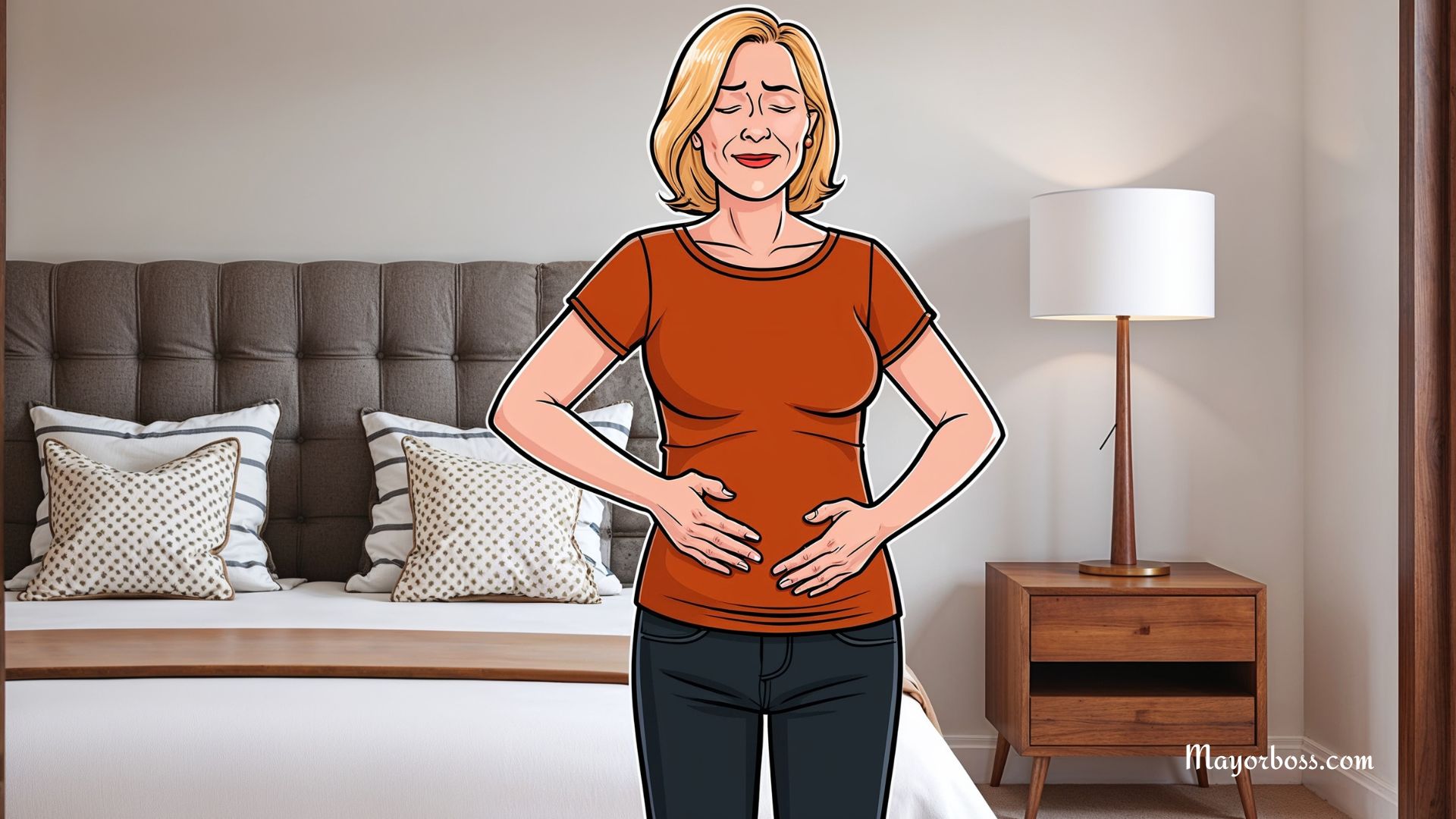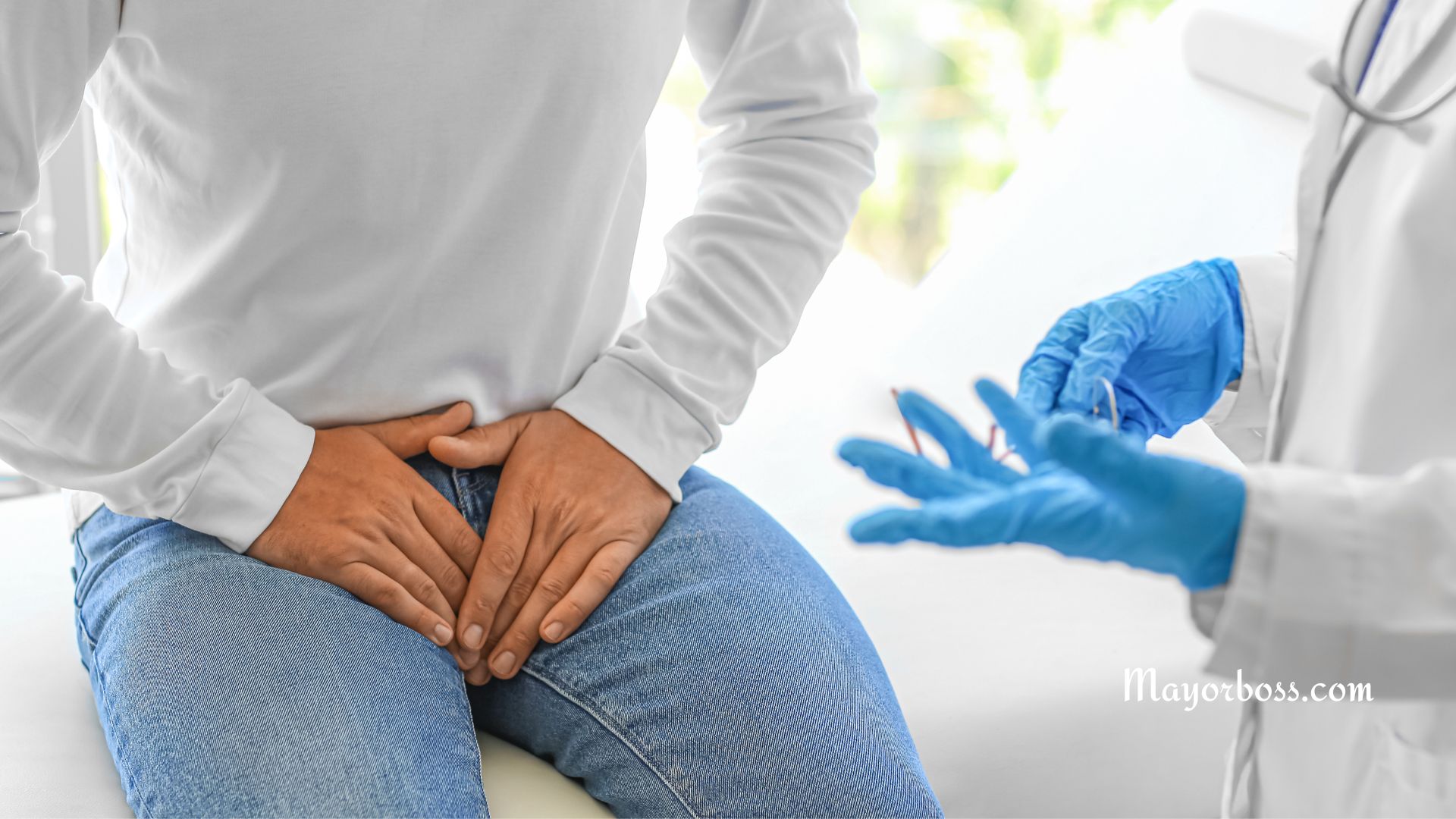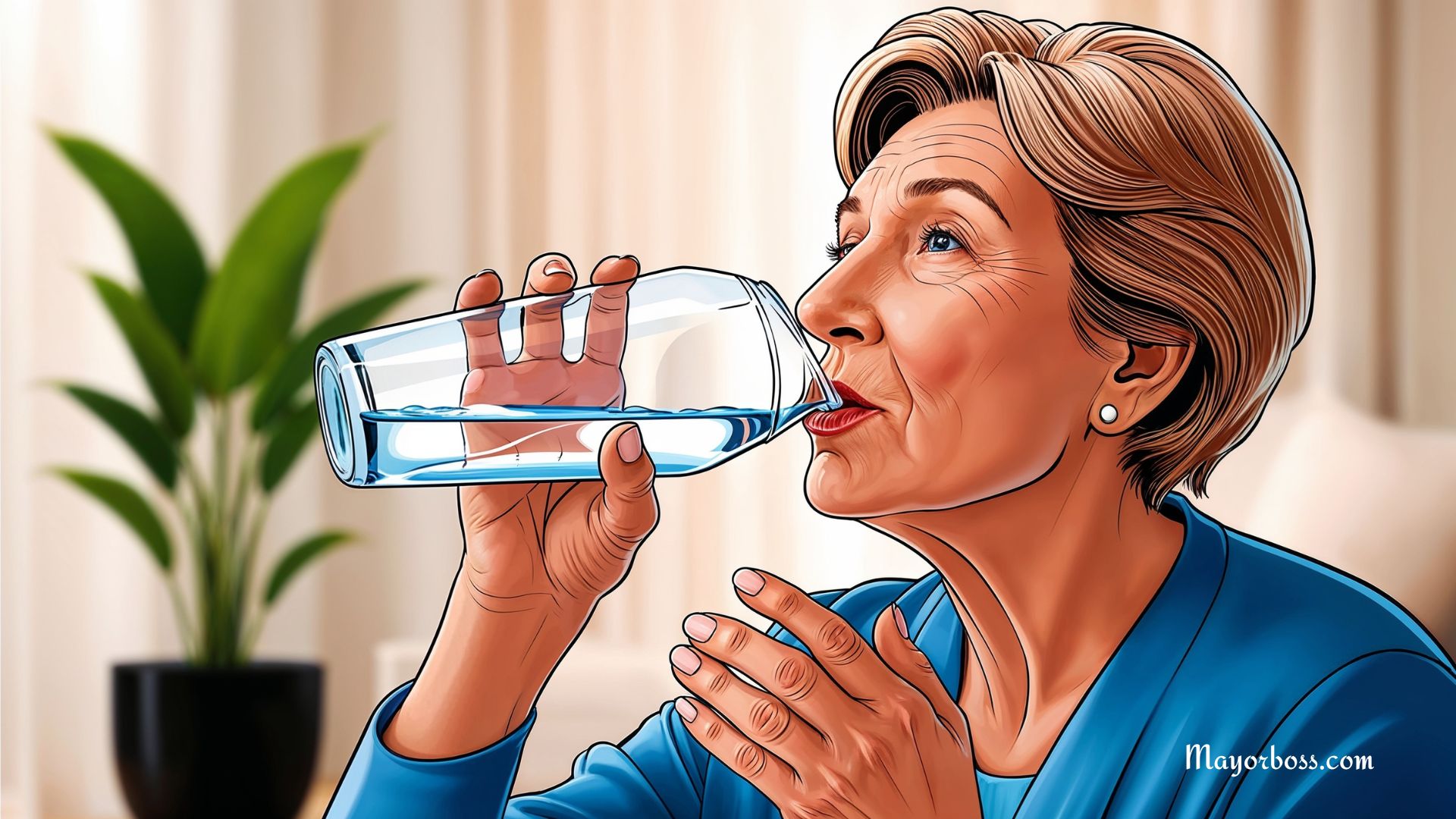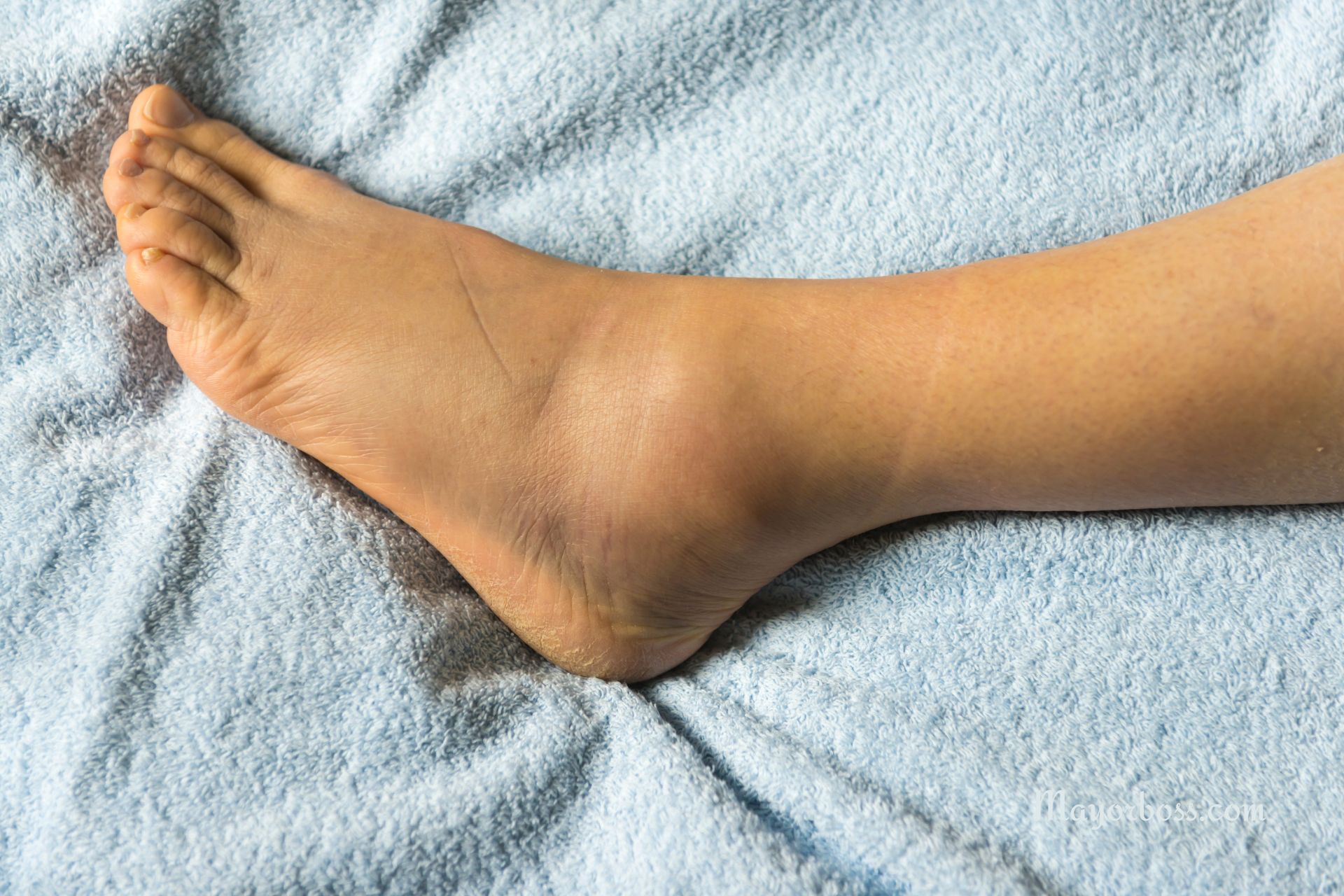Signs of a Heart Attack in Women: The Symptoms You Need to Know
When you think of a heart attack, you might imagine someone clutching their chest in sudden pain. But did you know that heart attacks often present differently in women than they do in men? While chest pain is a common symptom, it’s far from the only one, and women may experience a variety of less obvious signs.
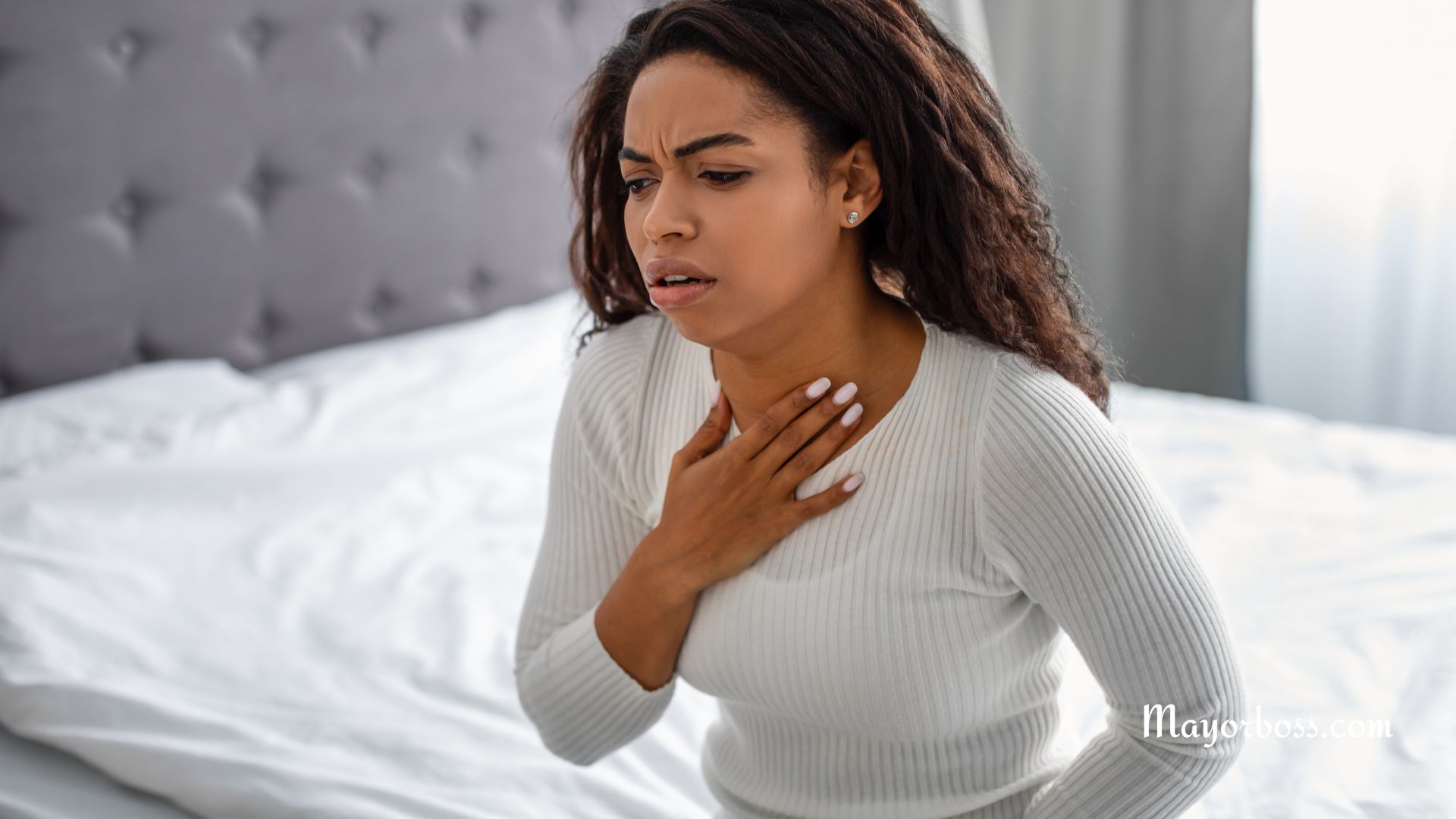
Heart Attack Symptoms Are Often Subtle in Women, But They Are Just as Serious
Heart disease is the leading cause of death among women in many parts of the world, yet many people are unaware of how differently it can present in women. The American Heart Association explains that women are more likely to experience subtler, non-traditional symptoms during a heart attack. This can lead to delays in seeking medical help, with potentially fatal consequences.
In men, heart attacks are often characterized by intense chest pain or pressure. While women can certainly experience these symptoms, they are also prone to more subtle signs that might be mistaken for less serious conditions. Doctors warn that these overlooked symptoms could delay treatment, making it critical for women to spot the warning signs.
Women Should Watch for Chest Discomfort That Might Not Be Classic Pain
Although chest pain remains the most common heart attack symptom in both men and women, it doesn’t always manifest the same way. Women might not experience the classic “crushing” chest pain often associated with heart attacks. Instead, they might feel a mild or uncomfortable pressure, squeezing, or fullness in the chest.
This discomfort can come and go and might not even be particularly severe. Consequently, it’s easy to dismiss this as something minor, like indigestion or stress. However, doctors say that if you experience any form of chest discomfort that lasts more than a few minutes or goes away and comes back, you should promptly contact your doctor or call emergency services.
Pain in the Upper Body That Doesn’t Seem to Be Related to Muscle Strain Is a Red Flag
Heart attacks in women often present with pain that radiates beyond the chest. This pain can appear in one or both arms, the back, neck, jaw, or even the stomach. It might feel like a nagging ache or sharp, shooting pain, and it might come on gradually or suddenly.
These symptoms can be confusing, as they might mimic other conditions, like a pulled muscle or even a dental issue. Nevertheless, pain that isn’t related to a known injury or doesn’t have an obvious cause should be taken seriously, particularly if it’s accompanied by other symptoms of a heart attack.
Shortness of Breath With or Without Chest Discomfort Could Signal a Heart Problem
Shortness of breath is another common hallmark symptom of a heart attack in women. This symptom can occur with or without chest discomfort, and it might feel like you’ve just finished an intense cardio workout when you haven’t even moved. It might also occur suddenly or gradually worsen over time.
This shortness of breath can be particularly concerning if it occurs when you’re at rest or engaging in light activity. For example, if you find yourself gasping for air while doing something as simple as walking across the room or lying down, doctors warn that this could be a sign of a heart attack and should be evaluated immediately.
Women Often Experience Nausea, Lightheadedness, or Cold Sweats During a Heart Attack
Women experiencing a heart attack may feel nauseous, lightheaded, or suddenly break out in a cold sweat. These symptoms can easily be mistaken for something less severe, such as the flu, food poisoning, or even anxiety. However, if these symptoms appear without an obvious cause, particularly if they’re combined with other heart attack signs, it’s essential to seek medical help.
The Mayo Clinic explains that lightheadedness or dizziness during a heart attack can result from the heart’s inability to pump blood effectively, leading to a drop in blood pressure. Similarly, nausea and cold sweats are part of the body’s stress response, triggered when the heart isn’t getting enough oxygen. These symptoms might be particularly subtle, but they are a significant indicator of a possible heart attack.
Unexplained Fatigue or Sleep Disturbances Could Be a Sign of an Impending Heart Attack
Another often overlooked symptom of a heart attack in women is unexplained fatigue. This isn’t just feeling tired after a long day; it’s extreme exhaustion that can’t be explained by your normal activities. You might feel unusually fatigued even after a good night’s sleep or struggle to perform simple tasks that normally wouldn’t wear you out.
According to experts at Healthline, this type of unusual fatigue can occur days or even weeks before a heart attack. Women might also experience sleep disturbances, such as difficulty falling asleep or staying asleep, which they might not immediately connect to a heart issue. Doctors think these symptoms are related to the heart struggling to function efficiently, which places extra stress on the body.
Women Should Not Ignore Symptoms That Seem Minor or Unrelated
One of the challenges in recognizing a heart attack in women is that the symptoms can be so varied and nonspecific. Because of this, women might dismiss them as being related to something else entirely, such as stress, aging, or a less serious illness.
However, doctors have noted that these symptoms, while subtle, are significant when they occur in combination or alongside other symptoms. For example, if you experience unusual fatigue along with shortness of breath and jaw pain, it’s crucial to take these signs seriously and seek immediate medical attention.
Taking Preventive Measures and Acting Quickly Saves Lives
Understanding the symptoms of a heart attack in women is just the initial phase. The U.S. Centers for Disease Control and Prevention (CDC) recommends adopting heart-healthy habits to reduce your risk. These include maintaining a balanced diet, engaging in regular physical activity, managing stress, and avoiding smoking.
However, even with the best preventive measures, it’s still possible to experience a heart attack. That’s why it’s so important to spot the signs and act quickly. If you or someone you know experiences any of the symptoms mentioned, don’t wait—call emergency services right away. Time is critical during a heart attack.

